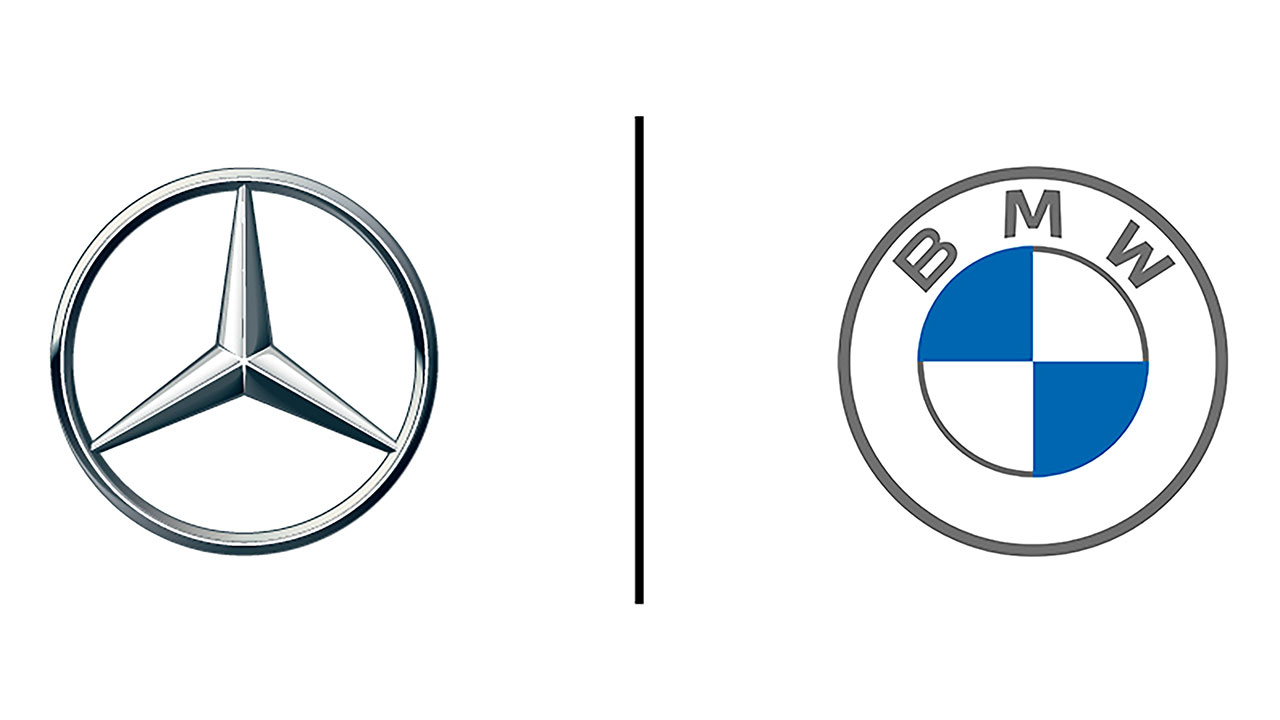The venture aims to install over 1,000 locations with approximately 7,000 fast-charging points by 2026, using advanced charging technology. This averages to about seven charging points per location. Details on the size of these charging parks are yet to be disclosed.
Targeting regions in China with the highest density of electric vehicles and plug-in hybrids, the first stations are expected in 2024. The venture prioritizes sourcing electricity from renewable resources wherever feasible. Specifics about the charging capacity remain under wraps.
This network, open to all car brands, offers special perks for Mercedes-Benz and BMW customers, including features like Plug & Charge and advance reservation of charging points.
Finalizing the joint venture hinges on regulatory approval, with further details like initial funding, name, and headquarters still undisclosed.
Separately, Mercedes-Benz revealed plans earlier this year to establish its high-power charging (HPC) network across key global markets, already inaugurating locations in China, the USA, and Europe. While open to all, this network offers exclusive services for Mercedes' customers. The brand anticipates over 2,000 charging hubs with 10,000 points worldwide by the decade's end. In China, these efforts will likely align with the new joint venture, although not explicitly mentioned in recent press releases.
Conversely, BMW has not independently developed any public charging stations. However, it participates in significant HPC network projects like Ionity in Europe and a recent collaboration in the USA. Focusing on China, BMW extends its reach across the critical markets of Europe, the USA, and China.
Sources: BMW Group, Mercedes-Benz

